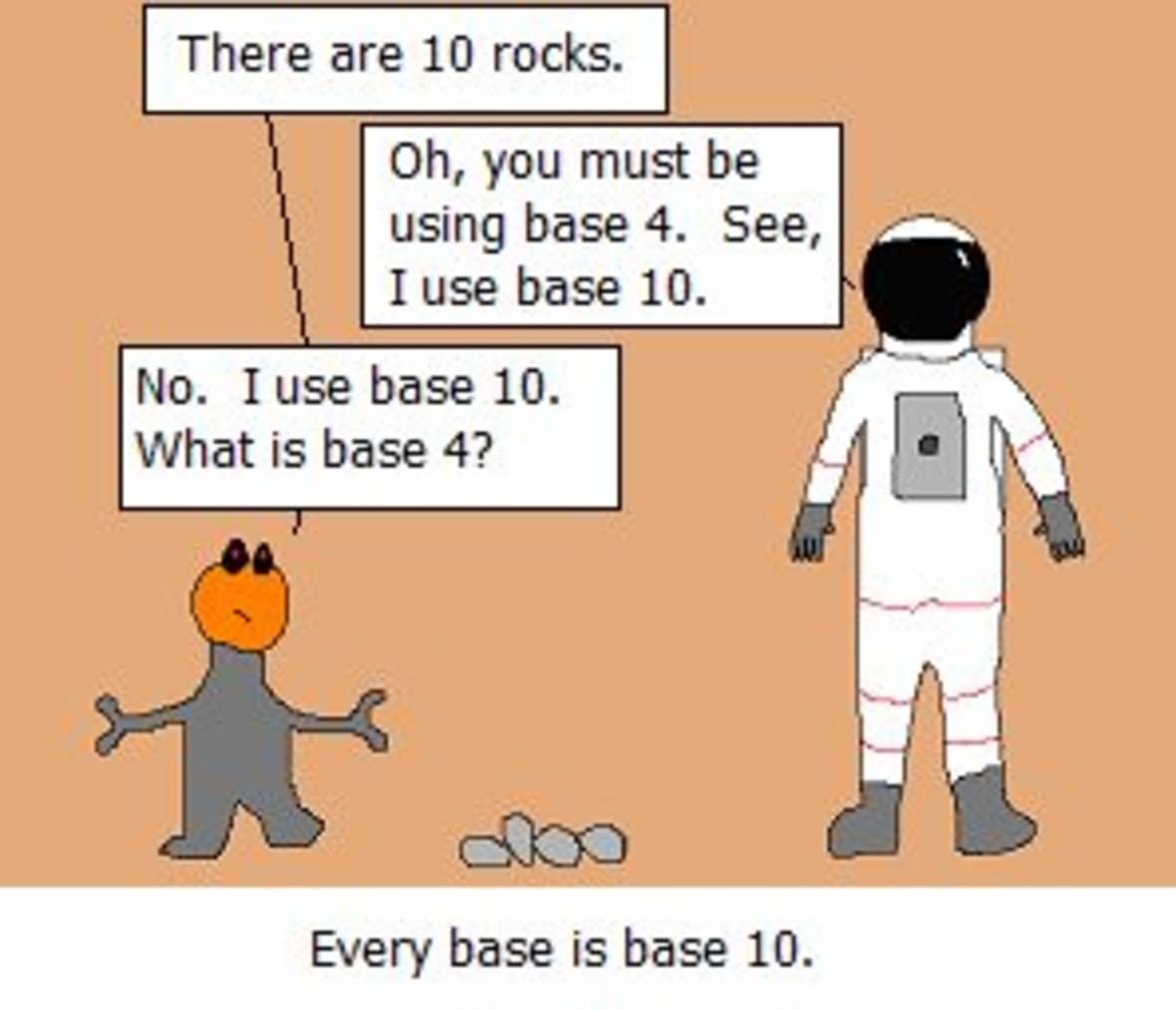this post was submitted on 24 May 2024
1178 points (97.6% liked)
Science Memes
11130 readers
3401 users here now
Welcome to c/science_memes @ Mander.xyz!
A place for majestic STEMLORD peacocking, as well as memes about the realities of working in a lab.

Rules
- Don't throw mud. Behave like an intellectual and remember the human.
- Keep it rooted (on topic).
- No spam.
- Infographics welcome, get schooled.
This is a science community. We use the Dawkins definition of meme.
Research Committee
Other Mander Communities
Science and Research
Biology and Life Sciences
- [email protected]
- [email protected]
- [email protected]
- [email protected]
- [email protected]
- [email protected]
- [email protected]
- [email protected]
- [email protected]
- [email protected]
- [email protected]
- [email protected]
- [email protected]
- [email protected]
- [email protected]
- [email protected]
- [email protected]
- [email protected]
- [email protected]
- [email protected]
- [email protected]
- [email protected]
- [email protected]
- [email protected]
- !reptiles and [email protected]
Physical Sciences
- [email protected]
- [email protected]
- [email protected]
- [email protected]
- [email protected]
- [email protected]
- [email protected]
- [email protected]
- [email protected]
Humanities and Social Sciences
Practical and Applied Sciences
- !exercise-and [email protected]
- [email protected]
- !self [email protected]
- [email protected]
- [email protected]
- [email protected]
Memes
Miscellaneous
founded 2 years ago
MODERATORS
you are viewing a single comment's thread
view the rest of the comments
view the rest of the comments

Only when written, which is the whole point of notation. "Ten" is still a fixed amount, and so is four.
"ten" is a fixed amount in base 10. A base 4 user may have an entirely different naming system for numbers above 3, so "ten" (which is written as 22 in base 4) could be twenty two, twoty two, dbgluqboq, or Janet. But similarly to how we don't have a single syllable, dedicated number name for decimal 22 (as in, it's composed of the number names 'twenty' and 'two'), they may not have a single syllable, dedicated number name for decimal 10 (which is '22' in base 4).
No, ten is a fixed amount in English. It has roots in base ten, but we also have eleven and twelve from other bases. (also dozen, gross, score.) In English there is no ambiguity when it comes to what number the word ten represents.
I never argued that. I wasn't even talking about the word 'ten' in English but the usefulness of the word 'ten' in base 4.
EDIT: I see where you're coming from: base 10 English also has a unique name for something that is not 0-9 or a power of 10 - however, the only reason to this is that they are from base 12. Obviously base 12 has unique words for numbers below the base. But not numbers above it (apart from maybe powers of 12). Which further proves the point.
My point is the difference between number system and language. We're seamlessly converting back and forth while writing this, but there's a specific amount in our heads that we're trying to communicate, either by word or by number. The number is ambiguous only if you don't know the base, while the word is ambiguous only if you don't know the language. The meme is - presumably - in English, and they're talking (in speech bubble form), so the misunderstanding doesn't really happen. it's only when a secondary 'language' is introduced - the numbers - that it is possible.
Ten in particular, which we usually write as a two digit number because of historical and biological context, still uniquely describes a certain amount without any relation to it being written as the first two digit number. In any language, you wouldn't translate to one two three ten just because they usually write in base four, you'd translate to whatever their word for the number is that you're trying to translate.
even when written out non base ten systems, are still possible to be non base ten.
It's only base ten when you convert from one base system to another. We are merely referencing between two base systems when we say that 4 bits is "16" because there are 16 possible options there. 16 is just our conceptualized version and conversion of that base system, in ours. You can read binary as if it's just powers of 2, it's incredibly trivial.
octal and hex are the best example of this, because octal skips numbers while counting. Hex introduces letters. Neither of which fly even remotely sanely through base ten. Unless you're converting.